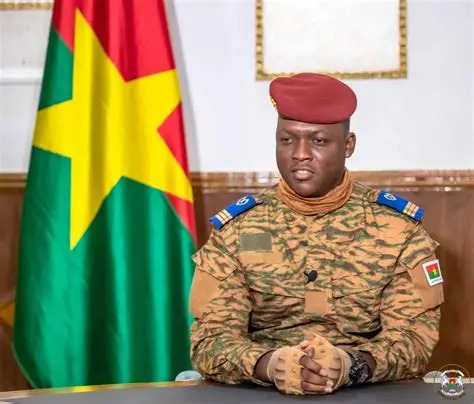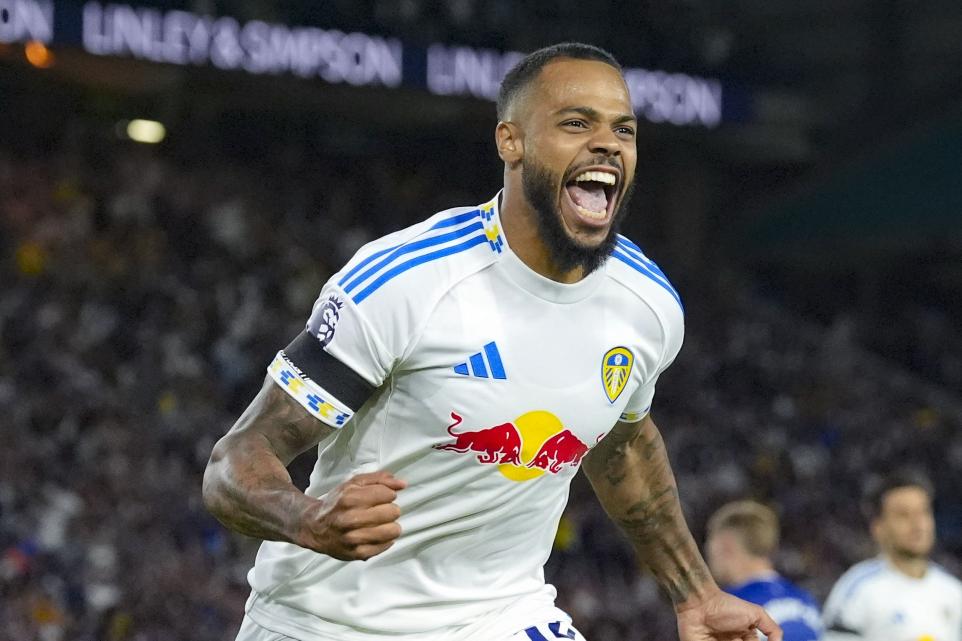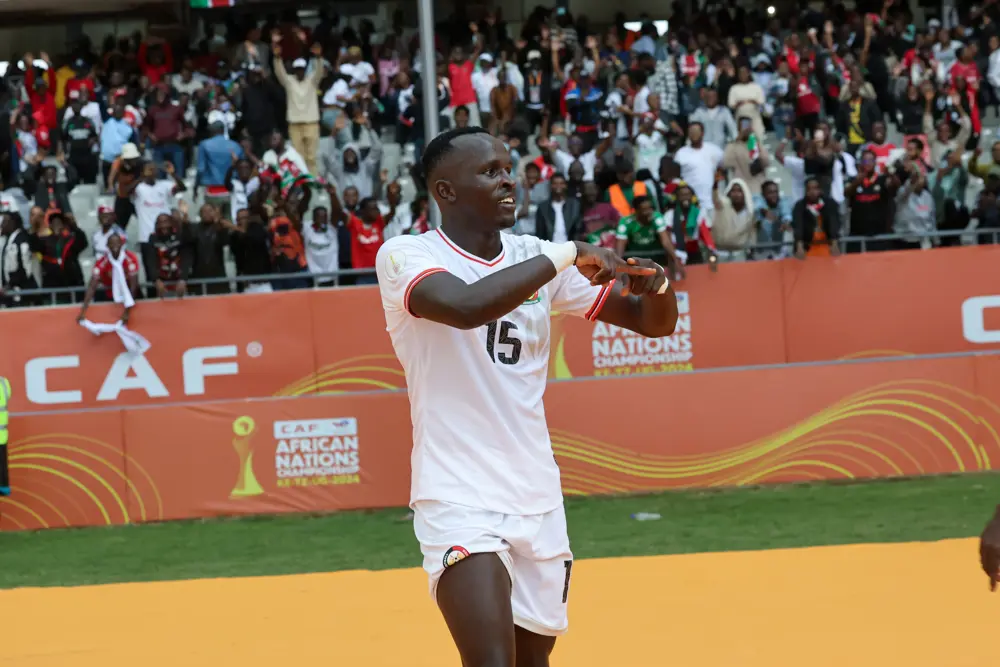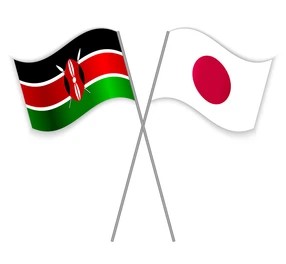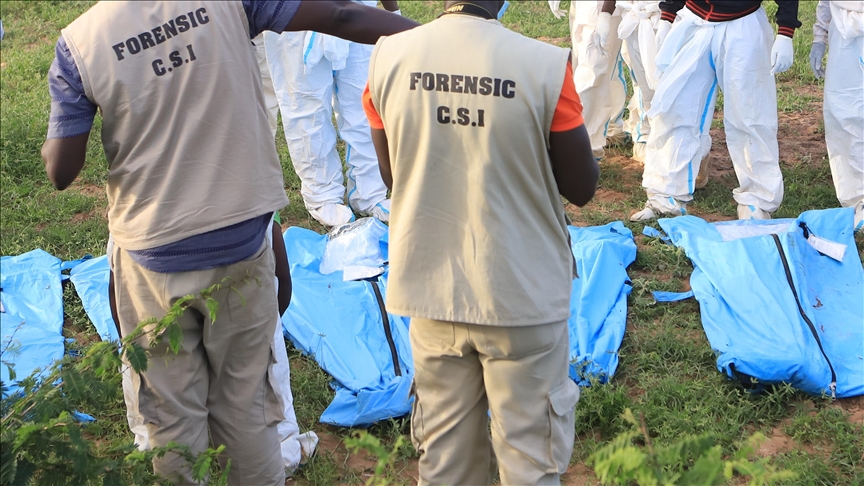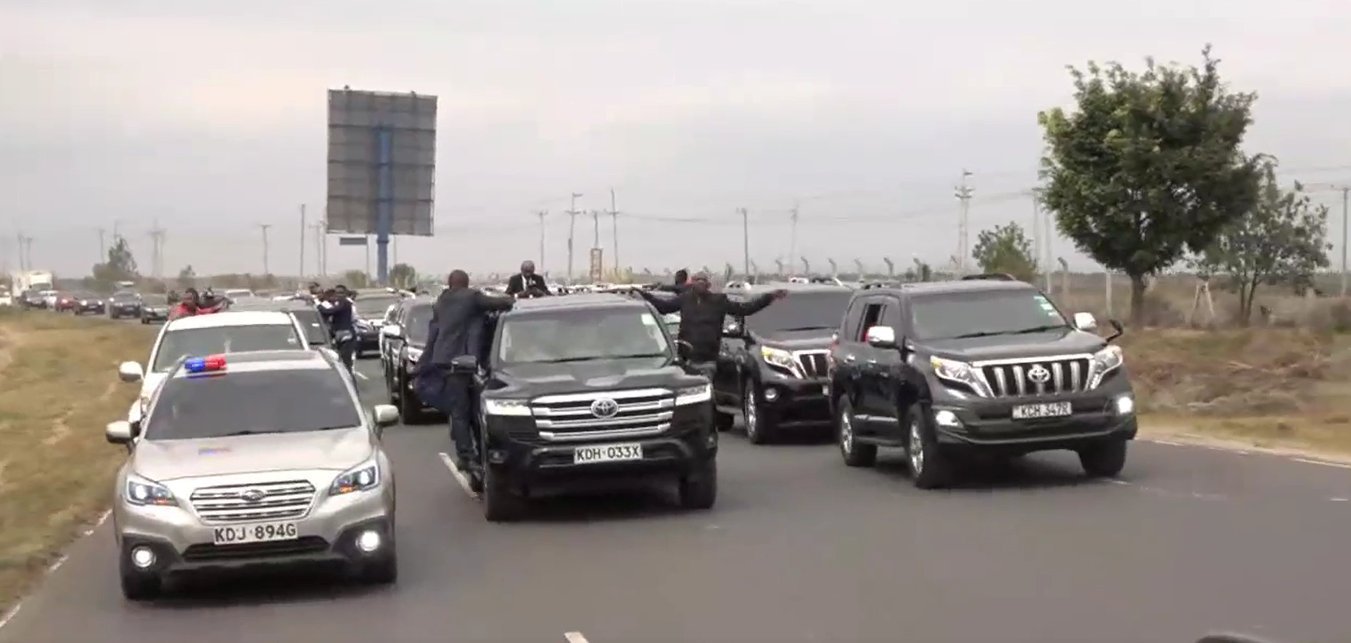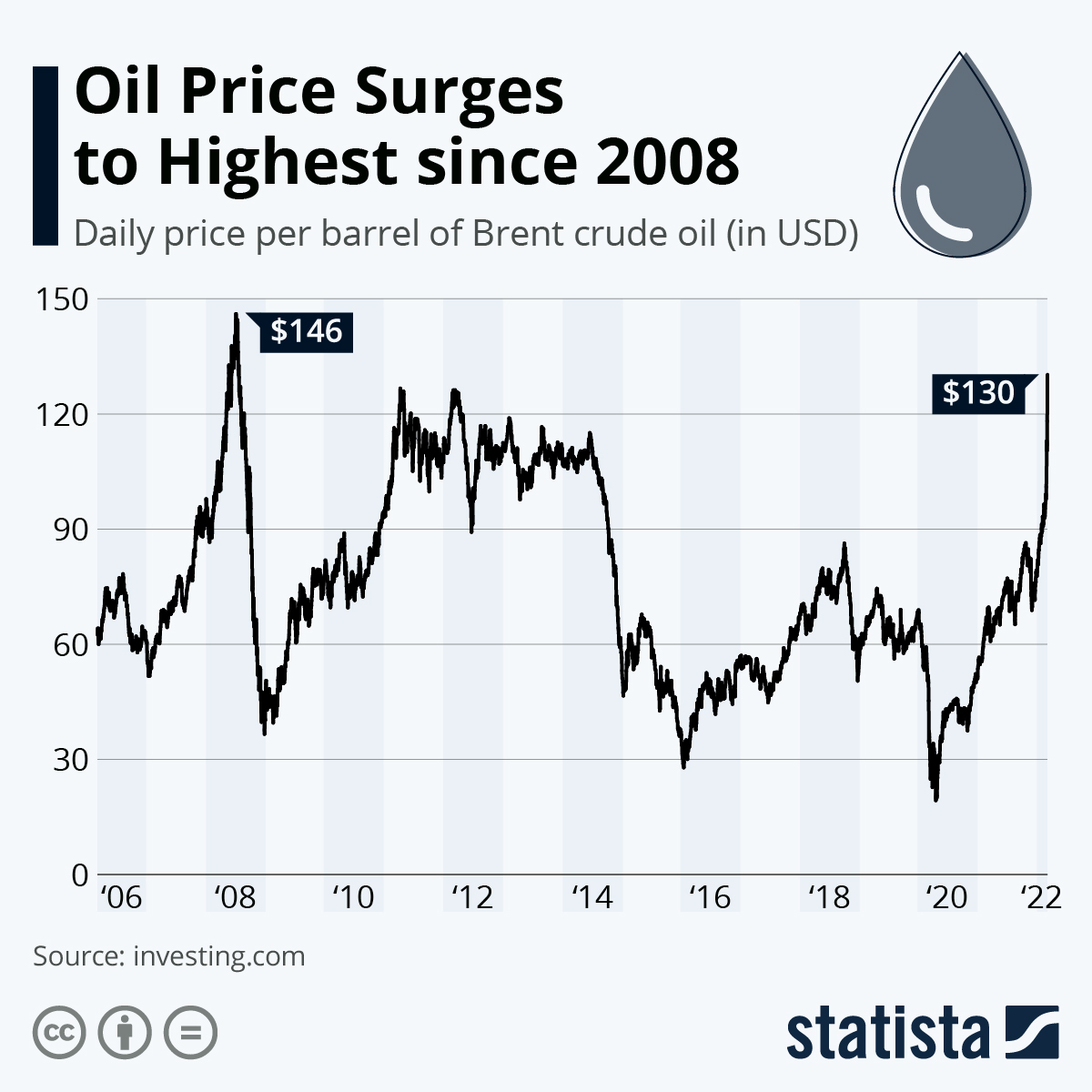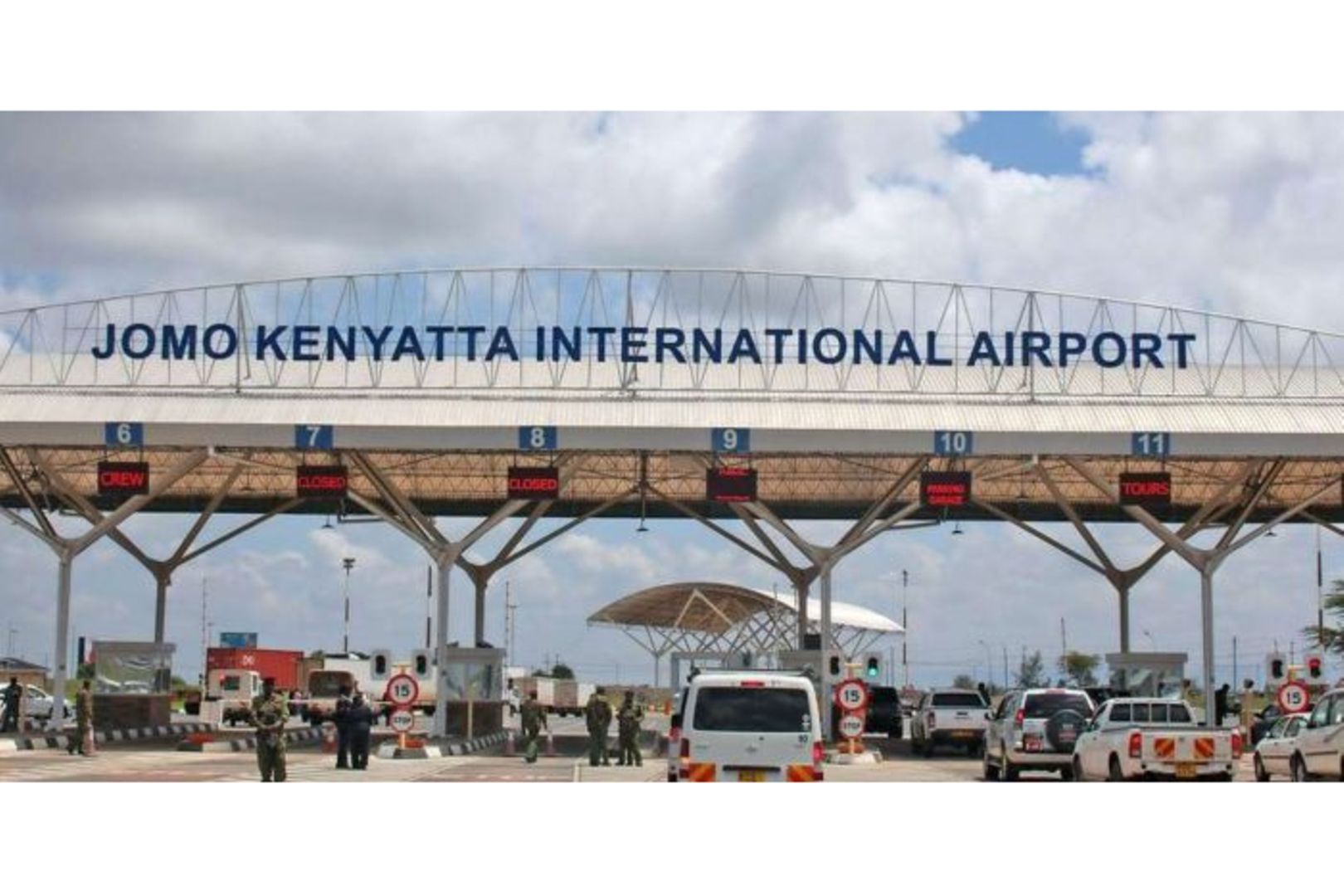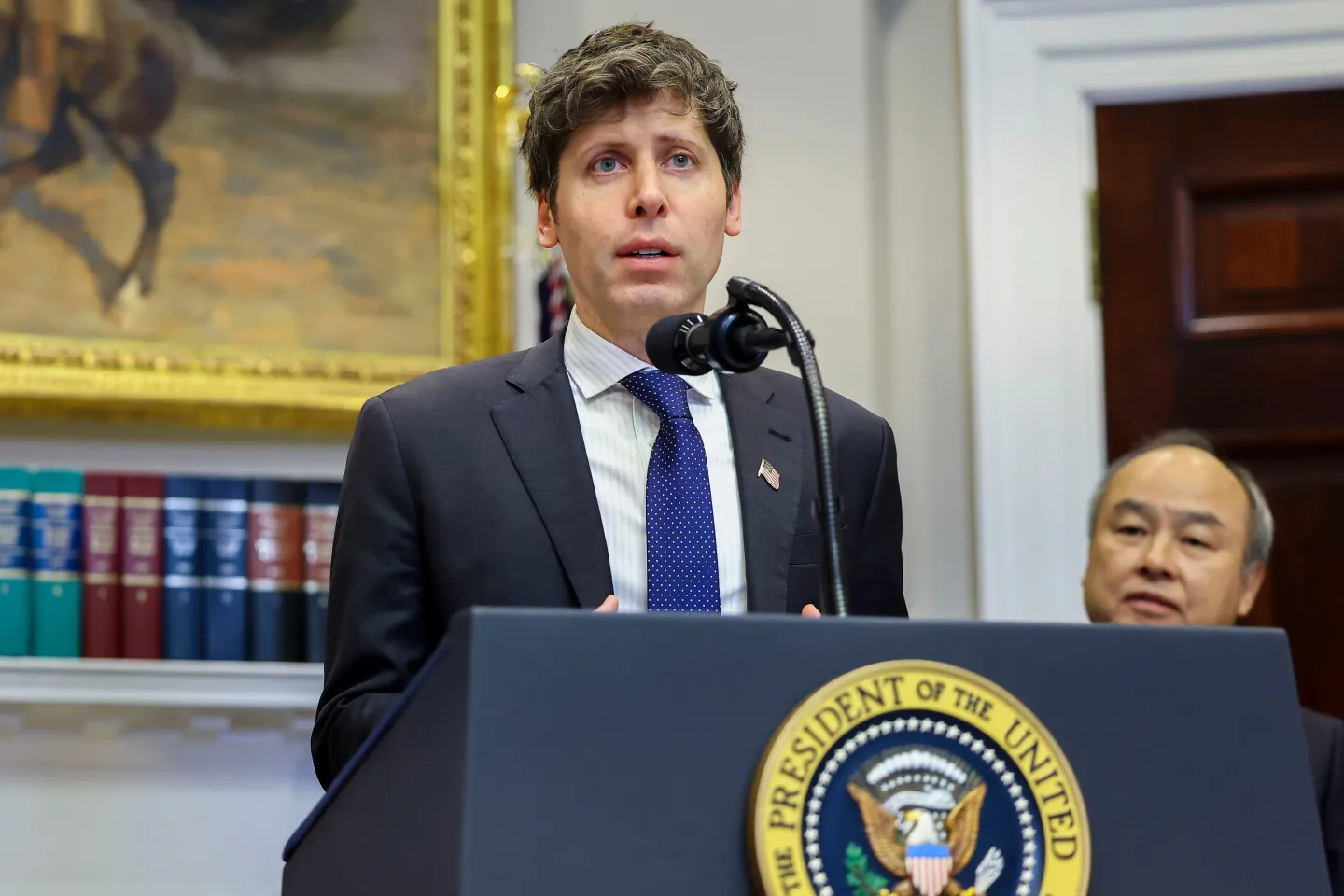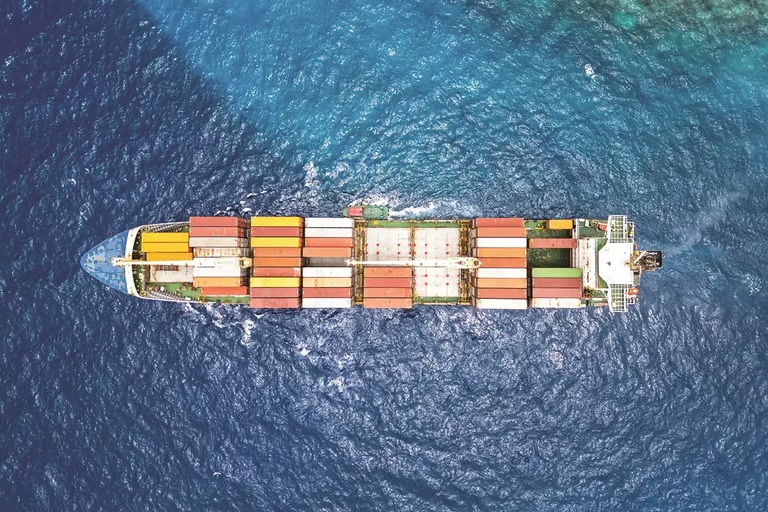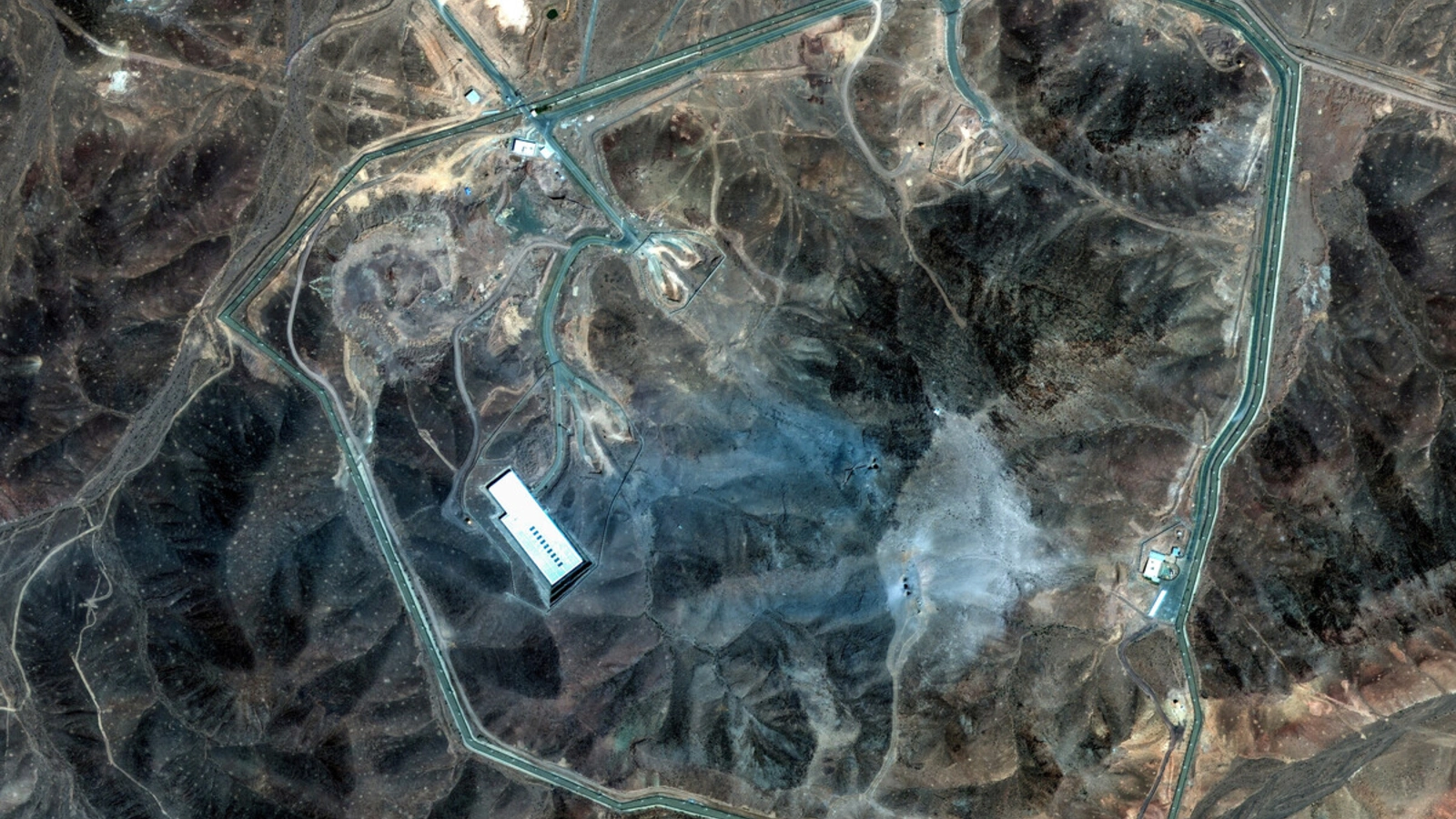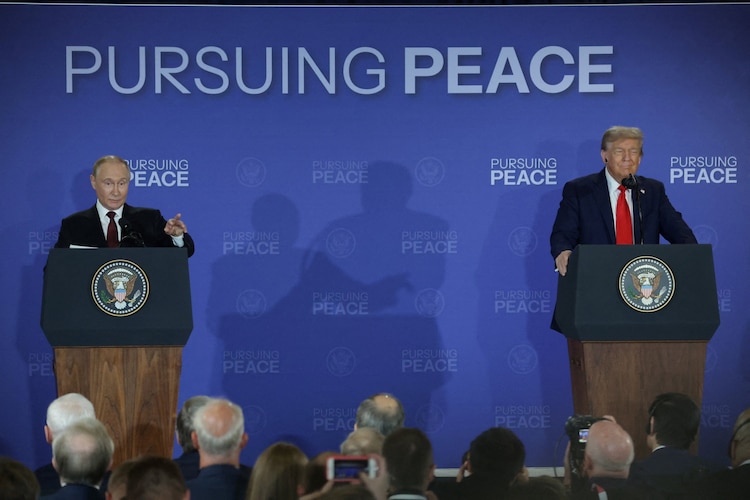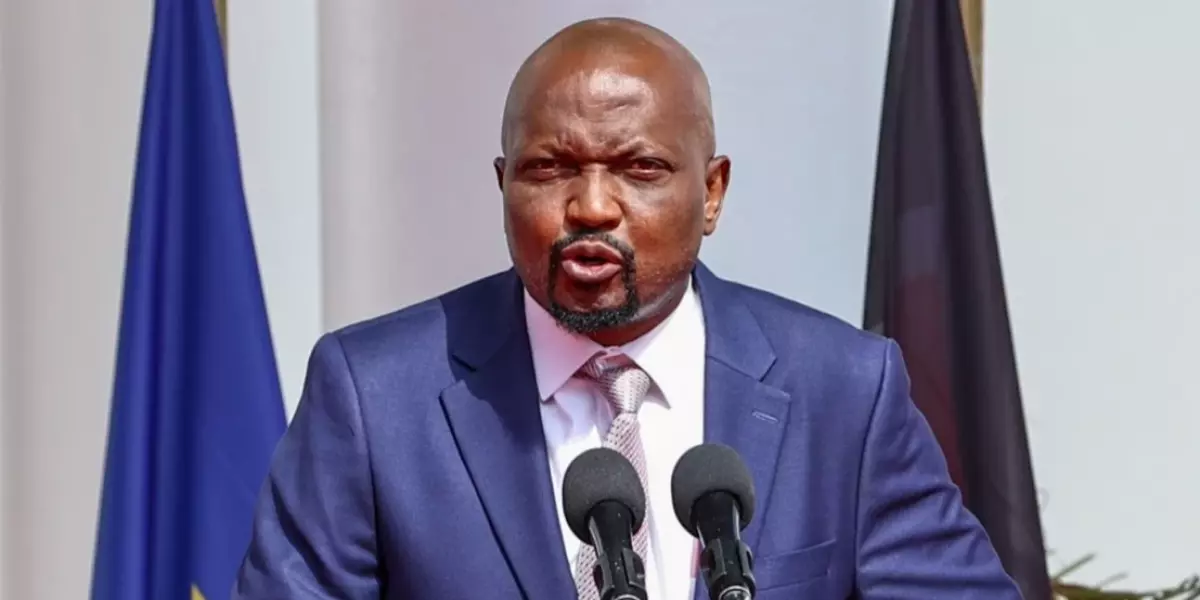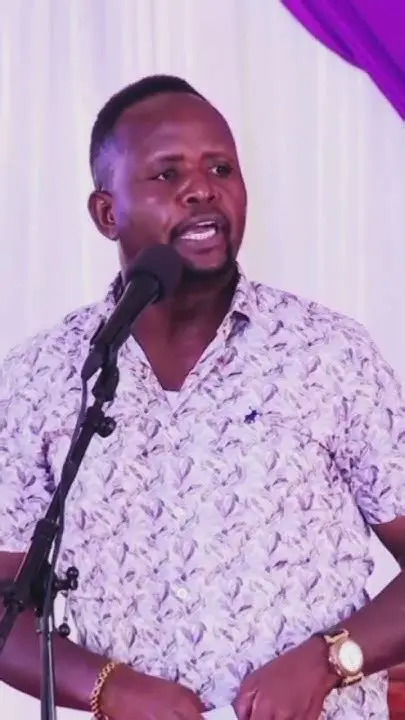In the fast-shifting political landscape of West Africa, one name keeps surfacing with both admiration and criticism: Ibrahim Traoré, Burkina Faso’s young military leader. Once little known beyond his country’s borders, Traoré has rapidly become a central figure in the continent’s debates on sovereignty, governance, and foreign influence.
From Obscurity to Spotlight
Just a few years ago, Traoré was virtually unknown outside Burkina Faso’s army ranks. But following the 2022 coup that swept him into power at only 34 years old, he became the world’s youngest head of state. His rise surprised many yet for a population weary of insecurity, corruption, and unfulfilled promises, his boldness resonated.
Redefining Sovereignty
Traoré has been outspoken in rejecting what he sees as neocolonial influence from former colonial powers, particularly France. Under his leadership, Burkina Faso has:
From Obscurity to Spotlight
Just a few years ago, Traoré was virtually unknown outside Burkina Faso’s army ranks. But following the 2022 coup that swept him into power at only 34 years old, he became the world’s youngest head of state. His rise surprised many yet for a population weary of insecurity, corruption, and unfulfilled promises, his boldness resonated.
Redefining Sovereignty
Traoré has been outspoken in rejecting what he sees as neocolonial influence from former colonial powers, particularly France. Under his leadership, Burkina Faso has:
- Expelled French troops, ending decades of military cooperation.
- Strengthened ties with Russia and other non-Western partners.
- Advocated for deeper regional integration with Mali and Niger, fellow countries under military rule.
For many Burkinabè citizens, this is more than politics, it’s about reclaiming dignity and charting a new future free from dependency.
Security and the Jihadist Threat
At the heart of Traoré’s agenda is the fight against jihadist insurgencies that have plagued Burkina Faso for nearly a decade. His administration has launched recruitment drives for volunteers to defend their communities, and he’s promised new strategies to reclaim vast rural areas from militant control.
Still, critics question whether grassroots militias can effectively counter well-armed insurgents, and whether this approach risks fueling cycles of violence.
A Symbol Beyond Borders
What makes Traoré’s leadership most striking is how his defiance has echoed across Africa. In Mali, Niger, and beyond, citizens rally around his fiery speeches, often shared widely on social media. To them, Traoré represents a new kind of African leader, fearless, unapologetic, and unwilling to bow to external pressures.
The Challenges Ahead
But symbolism alone won’t solve Burkina Faso’s deep-rooted crises. Traoré faces enormous hurdles:
Security and the Jihadist Threat
At the heart of Traoré’s agenda is the fight against jihadist insurgencies that have plagued Burkina Faso for nearly a decade. His administration has launched recruitment drives for volunteers to defend their communities, and he’s promised new strategies to reclaim vast rural areas from militant control.
Still, critics question whether grassroots militias can effectively counter well-armed insurgents, and whether this approach risks fueling cycles of violence.
A Symbol Beyond Borders
What makes Traoré’s leadership most striking is how his defiance has echoed across Africa. In Mali, Niger, and beyond, citizens rally around his fiery speeches, often shared widely on social media. To them, Traoré represents a new kind of African leader, fearless, unapologetic, and unwilling to bow to external pressures.
The Challenges Ahead
But symbolism alone won’t solve Burkina Faso’s deep-rooted crises. Traoré faces enormous hurdles:
- Restoring security across more than half the country affected by conflict.
- Stabilizing the economy, strained by war and sanctions.
- Delivering on democratic transition, which remains uncertain.
Whether he emerges as a long-term visionary or simply another transitional leader will depend on how he balances popular expectations with practical governance.
The world may have once seen Ibrahim Traoré as a little-known soldier, but today, he stands as a defining figure in Africa’s struggle for self-determination. Love him or loathe him, one truth is clear: Traoré is changing the narrative, and the world is watching.
The world may have once seen Ibrahim Traoré as a little-known soldier, but today, he stands as a defining figure in Africa’s struggle for self-determination. Love him or loathe him, one truth is clear: Traoré is changing the narrative, and the world is watching.

